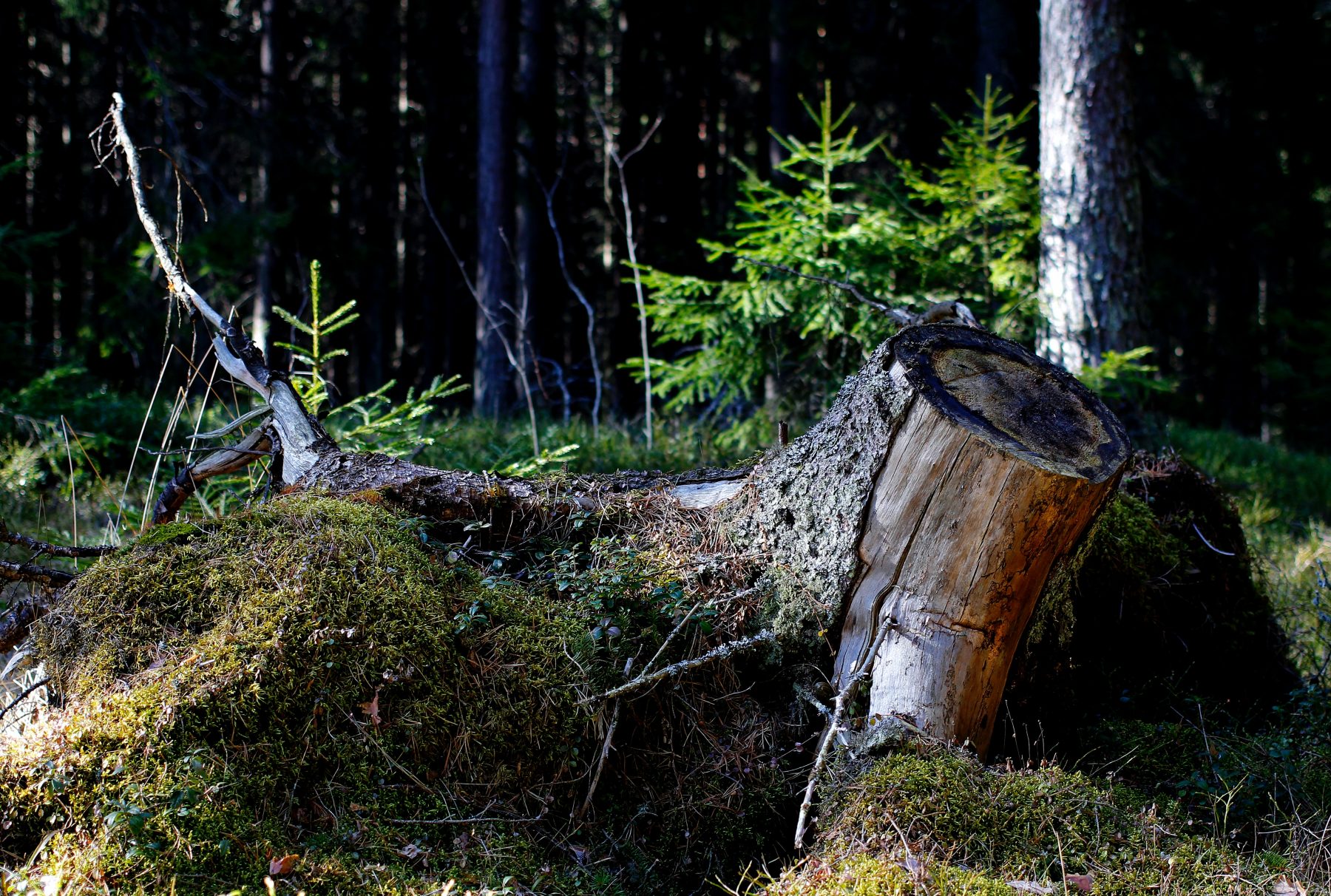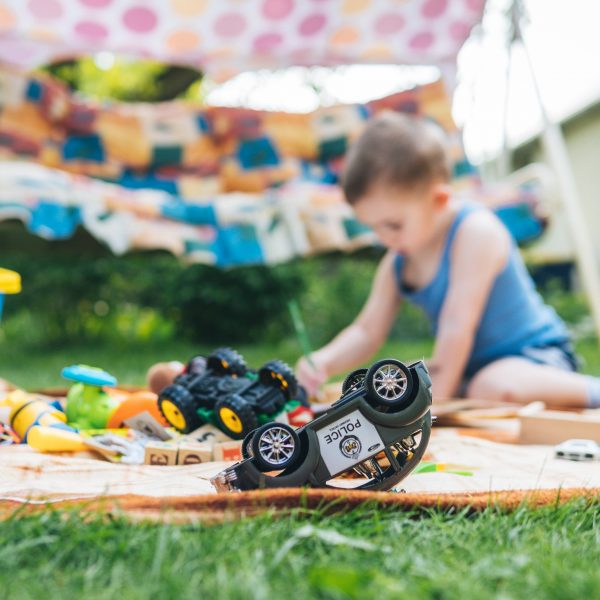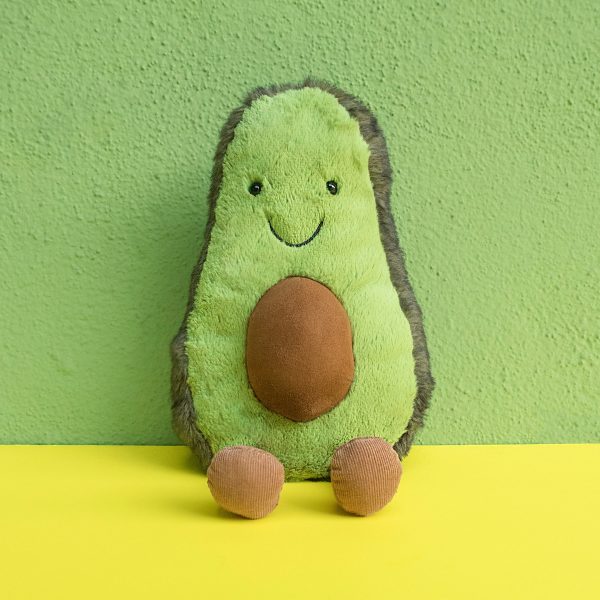More than nice to look at, greening up ECEC can strengthen children’s immunity

Removing artificial substances such as asphalt and soft fall in play areas of early childhood education and care (ECEC) settings and replacing them with natural vegetation can lead to stronger immune defenses in children, a team of researchers affiliated with multiple institutions in Finland, and one in the Czech Republic, has found.
Published in Science Advances, the findings describe what happened when researchers removed asphalt from play areas at several daycare centres and replaced it with forest floor vegetation, and what they found when they tested the children who attended the centres.
The research was based on previous studies which suggested that one of the reasons for increased rates of autoimmune diseases in many parts of the world, such as inflammatory bowel disease, type 1 diabetes, eczema and asthma, is lack of exposure to elements that push children’s immune systems to respond, and the belief that repeated exposure to natural elements like dust, dirt and pollen while young strengthens the immune system.
From this premise, researchers noted that children living in some urban areas are most at risk of missing out on such exposure and that might explain their higher rates of autoimmune diseases.
To learn more about the possible impact of exposure to natural elements, the researchers received permission to replace the asphalt at several daycare centres in two of Finland’s major cities, and then to replace it with turf dug up from forest areas.
In addition to forest floor sod, the researchers also brought forest shrubs, bushes and mosses. The children in the centres were then encouraged to play in the upgraded areas during their time outdoors. The children were all tested prior to installation of the natural material and then again 28 days afterward, for immune system markers.
While the initial test group was small, with 75 children participating, the “striking” results warranted publication, researchers said.
In addition to a large (a third higher than a control group) increase in skin biome, the researchers found positive changes to proteins and cells (regulatory T cells and anti-inflammatory cytokines) that have been found to be present in people with a more robust immune system.
As such, researchers suggest that “more work needs to be done to prove the benefits of such a change in the childhood environment and then to push for changes to be made”.
To access the findings in full, please see here.
Popular

Quality
Practice
Provider
Research
Workforce
Honouring the quiet magic of early childhood
2025-07-11 09:15:00
by Fiona Alston

Policy
Practice
Provider
Quality
Workforce
Minister Jess Walsh signals urgent action on safety and oversight in early learning
2025-07-11 08:45:01
by Fiona Alston

Workforce
Policy
Quality
Practice
Provider
Research
The silent oath: Why child protection is personal for every educator
2025-07-17 09:00:31
by Fiona Alston











